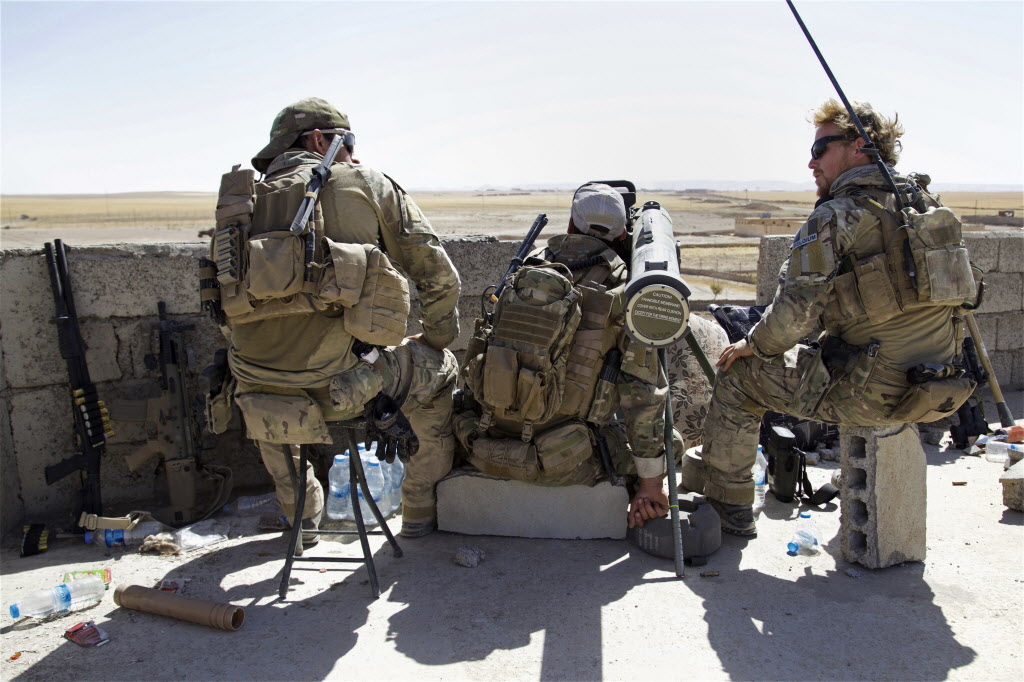
During his infamous “mission accomplished” speech in May 2003 from the USS Abraham Lincoln off the coast of San Diego, President George W. Bush announced victory in the American war in Iraq.
“The transition from dictatorship to democracy will take time, but it is worth every effort,” said. “Our coalition will stay until our work is done. Then we will leave, and we will leave behind a free Iraq.”
Hindsight is 20-20, but it’s important to look back at major government efforts and compare the promises to reality. As Americans commemorate the 20th anniversary of that war, few analysts consider it a success — and the idea of a free Iraq seems preposterous.
Related: Antiwar.com’s Scott Horton on the Iraq war
The U.S. largely withdrew in 2011, but then sent troops back after the rise of Islamic State radicals.
The Biden administration finally ended the nation’s longest-running war in 2021 — but 2,500 troops remain and may serve in an advisory role for years. The current Iraqi government receives among the world’s lowest scores for freedom. Islamic Iran gained great influence after our pull out.
According to a recent Reuters report, the United States spent nearly $3 trillion (including ongoing costs of veteran health care) on its wars in Iraq and Syria.
Related: George W. Bush is still just a war criminal to me
It cost 4,500 Americans their lives — and directly led to nearly 600,000 deaths in the region. And for what?
The mission was not accomplished.
Related Articles
John Stossel: ‘Diversity, equity and inclusion’ trainings are just scams
School Shutdowns 2.0: LAUSD school strike harms children (again)
Susan Shelley: Why does California continue to waste much needed water?
With first veto, President Biden fails to learn from California
Larry Elder: Learn from past mistakes to make better decisions moving forward
During the run-up to the war, the Bush administration convinced a nation still scarred by the Sept. 11 attacks that the coming invasion would combat international terrorism, force Iraq to rid itself of so-called Weapons of Mass Destruction and, then, create a democracy in a region governed by tyrants.
The administration’s connection between 9/11 and Iraq proved particularly flimsy and cynical.
We still recall war boosters — including pundits like Max Boot, David Frum and Bill Kristol — depicting the administration’s evidence as incontrovertible.
This editorial board consistently opposed the war, leading critics to question our judgment and patriotism.
Yet in hindsight, the best way for Americans (and the media) to commemorate this anniversary is to resolve to be more skeptical of such hubris in the future.
